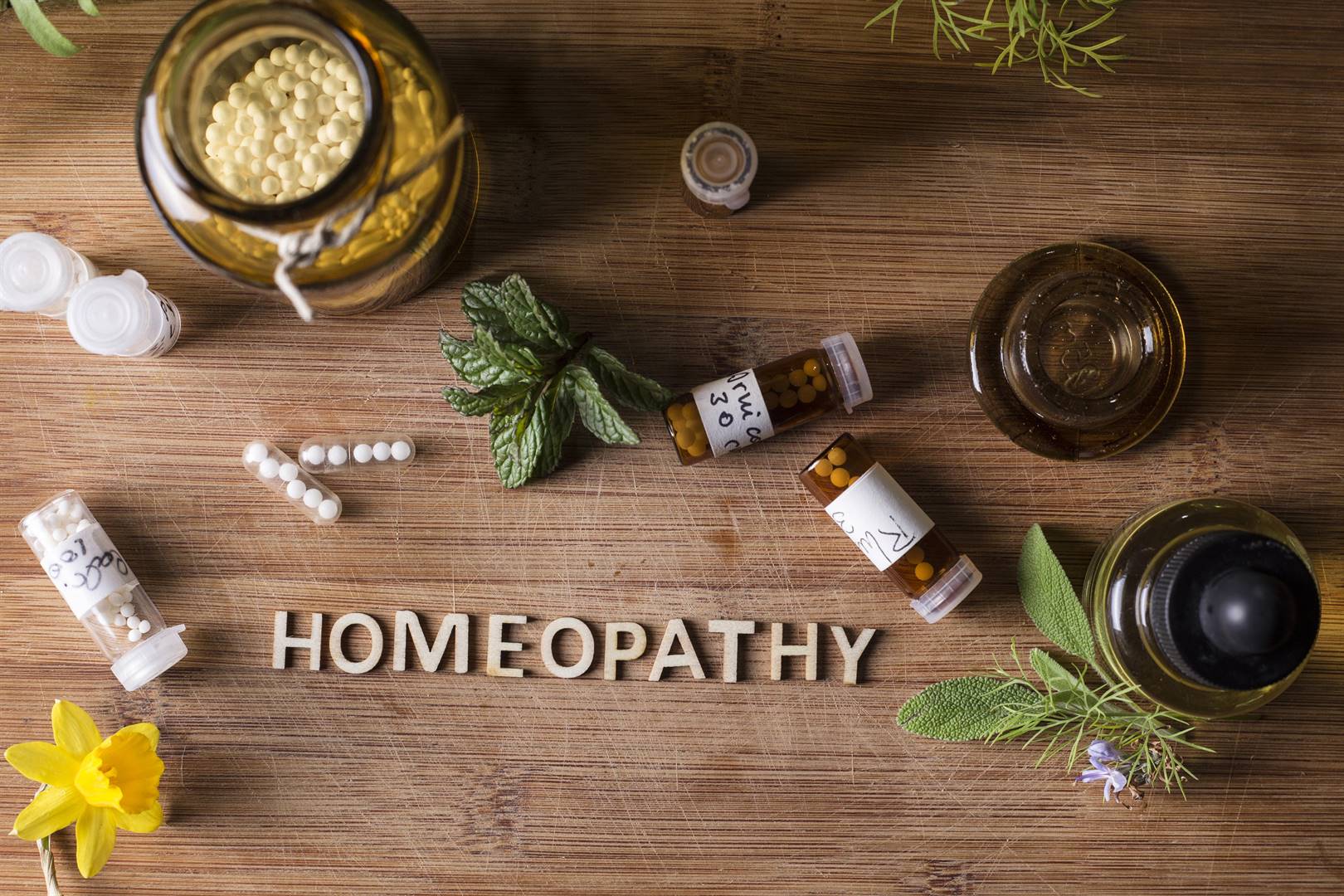Complementary medical practitioners slam state for not recognising their services as essential
The department of health has been ramping up efforts in screening and testing more people for the Covid-19 novel coronavirus, along with arranging hospitalisation for those infected.
This, while research trials get under way to test the viability of various medical drugs to treat the disease.
Amid all this flurry of activity, alternative health practitioners have entered the fray, saying they too have an important role to play.
Some of them – in particular, traditional healers and herbalists, a largely unregulated sector – say they have been “left behind” by the government in its response to the outbreak of the virus.
In contrast, registered allied health practitioners such as homeopaths are using their role as complementary health practitioners to empower their patients by educating them about the virus, especially with regard to how they can boost their immune systems from home.
These practitioners have also been referring symptomatic patients to hospitals.
Both the allied health practitioners and their traditional counterparts have emphasised to City Press last week that they cannot cure or prevent the virus.
All they are doing, they say, is working to boost people’s immune systems – and this work could be pivotal in curbing the spread of infection.
Forgotten healers
Traditional healer and author Thuli Nhlapo told City Press: “Even at the height of the HIV/Aids epidemic in South Africa, iinyanga (healers) never said they could cure HIV. They just said their muthi boosted the immune system.
“If this is going to be a pandemic the way Aids ended up being, the hospitals are not going to cope – just as they could not cope during the Aids crisis.
"Are we going to be called upon only when when hospitals are overwhelmed? At the time Aids broke out here in South Africa, we worked with the health department and had condoms at our practices to assist the health sector.
"We helped then; so why are they shutting us out now?”
Nhlapo said her work, and that of other traditional healers, had been greatly affected by the lockdown.
While they all understood the necessity of the lockdown, she said, the fact that traditional healers were not listed as essential workers in the same way that other healthcare practitioners had been, had created a bias when it came to the provision of care, and had negatively affected their patients.
“A pregnant lady who works in the prison service called me to say she needed umuthi, but I cannot send this by courier, nor can I drive to the prison to give it to her. We are not classified as part of essential services – we were not even consulted. The government consulted churches, but not us. It is really unfortunate,” she said.
“Also, we know that the coronavirus is affected by heat and that it is hard for the virus to spread under very warm circumstances.
"As healers, we steam people. We have done so for centuries. The process is known as ukufutha. We did it before the outbreak of the coronavirus.”
Makelani Buntu, a herbalist at Teras Herbal Juice, a herbal medicine store in Gauteng, echoed Nhlapo’s sentiments.
He, too, has been trying to gain an audience with President Cyril Ramaphosa and Health Minister Dr Zweli Mkhize to see how he can use his herbal juice preparations to make his contribution in responding to Covid-19.
Buntu said he was not trying to profit from the current situation; he had genuinely seen an improvement in his customers.
They had also attested to experiencing a boost in their health after ingesting his strictly fruit and vegetable mixture, which he began making in 2014.
The juice is distributed in pharmacies in the Eastern Cape and KwaZulu-Natal, and 500 bottles a month are sold.
Buntu has recorded a message for Ramaphosa on YouTube, but has received no official reply as yet.
“The problem is that we do not have enough of a voice to get those in power to listen to us.
"We are not saying we can cure this virus; all we are saying is that we can help too. Also, we must dispel the lie that only rural people consult us. In fact, MPs and ministers come to see us too. We want our role as a complementary health service to be recognised,” he said.
Nhlapo suggested that “government could have easily gone to Faraday Muthi Market in downtown Johannesburg and said to the practitioners there: ‘We know this is the biggest muthi market and that people come from even outside the borders of this country to buy from here, so can we give you gloves?"
"Can we help you maintain social distancing rules? Can we give you masks?’
“They should have done this instead of closing down the market – and yet pharmacies are open.”
Empowering and educating
A registered homeopath, who declined to be named, said that once she caught wind of the Covid-19 outbreak in countries further afield, she and a colleague immediately began trawling through established research for interventions that had worked with regard to treating similar viruses, such as severe acute respiratory syndrome and Middle East respiratory syndrome – both of which come from the same family of coronaviruses as Covid-19.
They then compiled a basic guide for patients, which detailed information about the virus and ways in which people could protect themselves from infection.
These included practising social distancing, hand washing, taking health supplements, eating nutritious meals and getting lots of rest. Her practice is open during lockdown, but many patients prefer virtual consultations through video calls.
“I have communicated with my patients that we have natural treatments for Covid-19, but these are neither a prevention nor a cure for the virus. However, the treatments can strengthen the body and immune system, keeping people’s strength up during this time.
“But I do not just dispense treatments for the sake of it.
"Patients need to fill out a form describing their health history so that we have a background of their ailments – and, more importantly, so that none of my treatments to prepare them and protect them against infection have a negative effect on the drugs they are already taking, such as contraceptives, or aggravate any of their pre-existing conditions, such as high blood pressure or autoimmune disease,” she said.
Dr Frederic Motz, another homeopath, said: “Our role as health practitioners is to help patients boost their immune system and to make sure people have total body and mind empowerment. There are many approaches to this.
“The first approach is what I call ‘kitchen medicine’, which refers to the kinds of herbal and vegetable mixes you can take. Those certainly help. I am also a proponent of organic food and regarding your food as medicine.
“In addition, I advise on targeted lifestyle changes. This is not about just taking a pill or treatment and thinking that is all one needs to do to achieve overall health. My way of treating is educational and targeted.
“Once patients are empowered, they know what to do to avoid contracting the virus. Fear should never take over. Resilience, where you can do something for yourself, is key.”
 | ||||||||||||||||||||||||||
Vuyo MkizeHealth journalist | City Press | ||||||||||||||||||||||||||
| ||||||||||||||||||||||||||
| Rise above the clutter | Choose your news | City Press in your inbox | ||||||||||||||||||||||||||
| City Press is an agenda-setting South African news brand that publishes across platforms. Its flagship print edition is distributed on a Sunday. |




 Publications
Publications
 Partners
Partners









